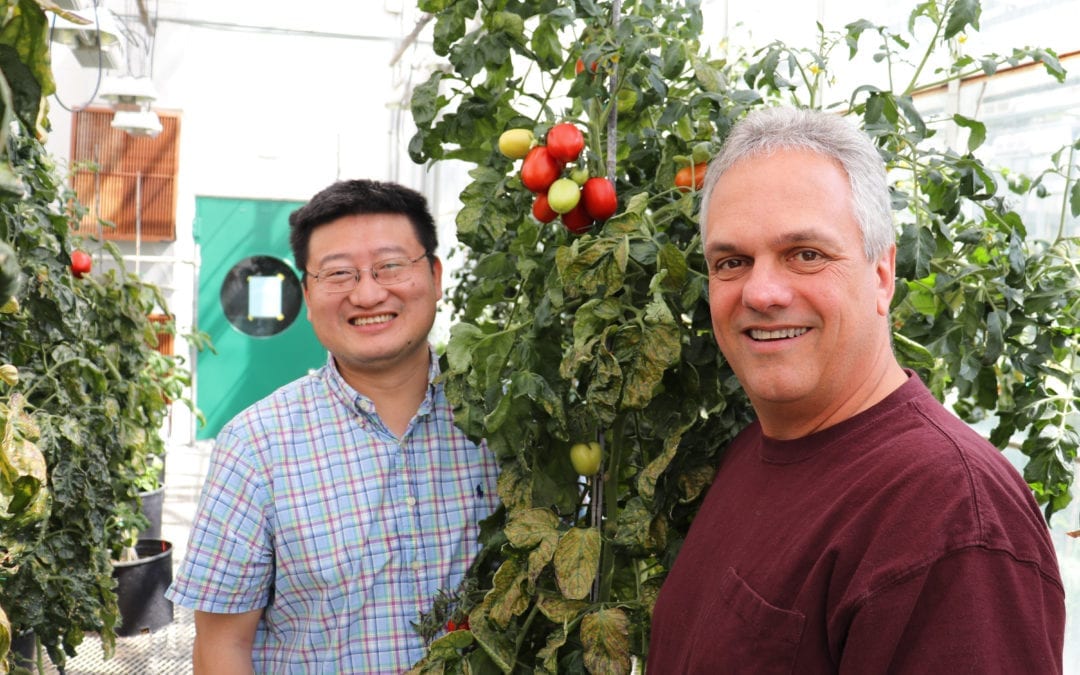

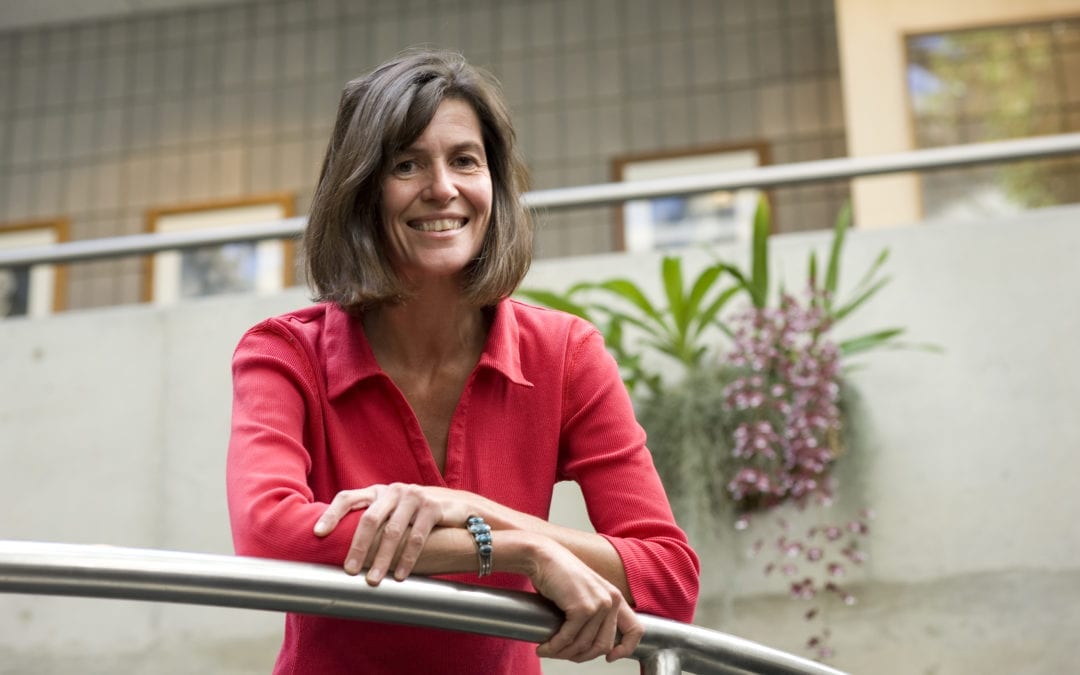
BTI’s Maria Harrison Elected to National Academy of Sciences
Maria Harrison, William H. Crocker Professor at Boyce Thompson Institute and Adjunct Professor in the School of Integrative Plant Science (SIPS) at Cornell University, has been elected to the National Academy of Sciences. Harrison is one of 100 new members announced...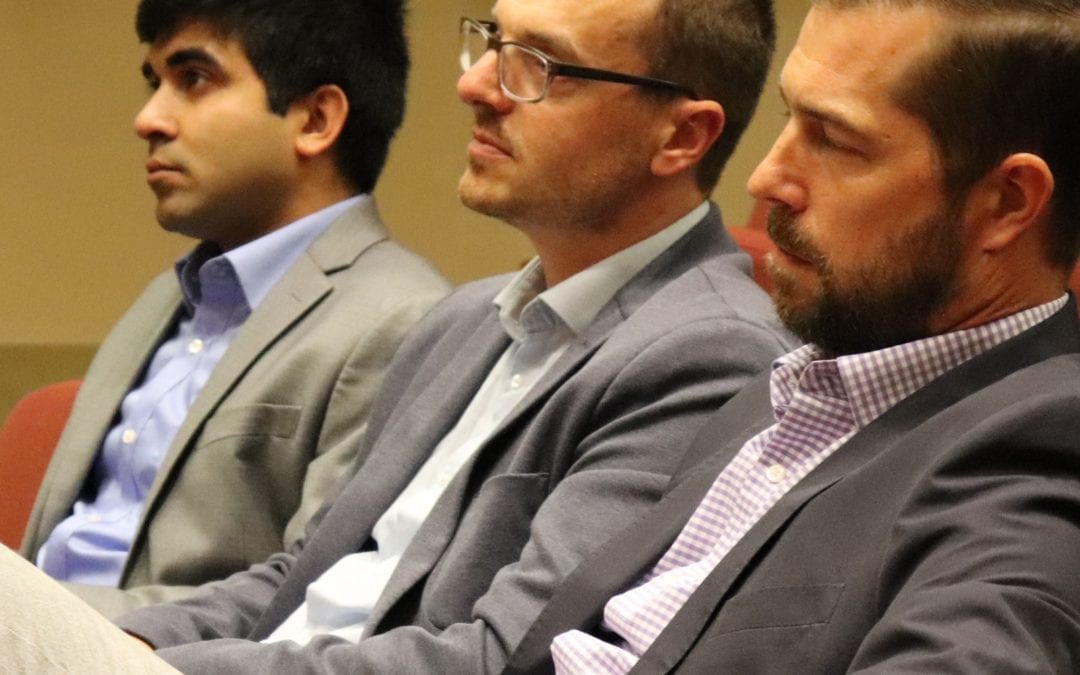
BTI Alumni Share Advice with PhD Students, Post Docs
Graduate students and post docs would be wise to join groups that teach leadership and networking skills, which could help them compete for jobs outside of academia. So say three alumni who recently visited Boyce Thompson Institute for an all-day event organized by...
BTI’s Big Red Anniversary: 40 Years at Cornell
The Boyce Thompson Institute of Corvallis, Oregon? It almost happened. April 24 will mark the 40th anniversary of the dedication ceremony for BTI’s current facilities on the Cornell University campus in Ithaca, NY. The Institute’s researchers and staff will celebrate...
Inaugural BTI Alumni Recognition Awards
It is with great enthusiasm and pride that Boyce Thompson Institute (BTI) will recognize the first recipients of BTI’s Alumni Recognition Awards during the 2019 PGS Career Symposium on April 26, 2019. Several highly qualified individuals were nominated for the...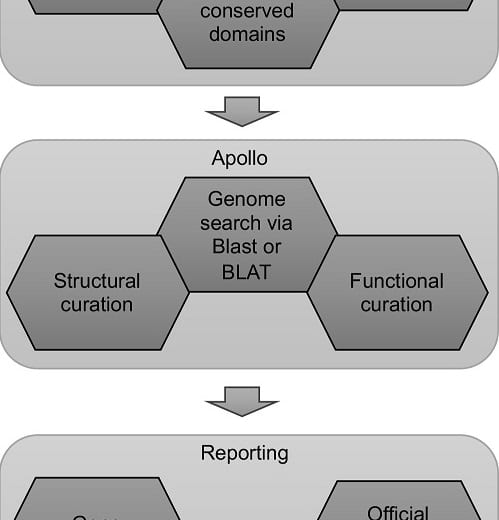
A universal framework combining genome annotation and undergraduate education
As genome sequencing becomes cheaper and faster, resulting in an exponential increase in data, the need for efficiency in predicting gene function is growing, as is the need to train the next generation of scientists in bioinformatics. Researchers in the lab of Lukas...
BTI Promotes Faculty Member Fei
David Stern, president of the Boyce Thompson Institute (BTI), is delighted to announce that faculty member Zhangjun Fei has been promoted to Full Professor on February 27, 2019. Fei was evaluated on his achievements to date and the potential he possesses. Fei has made...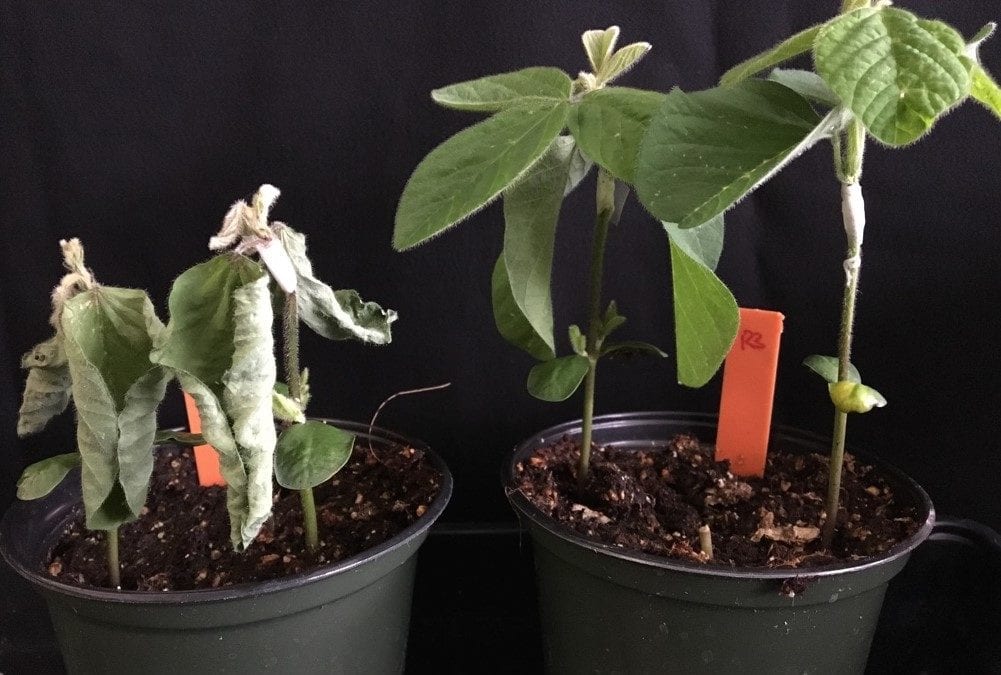
Ascribe Bioscience Receives SBIR Award from NSF
On January 29, 2019, Ascribe Bioscience became the first company based on technology developed at the Boyce Thompson Institute (BTI) to receive a Small Business Innovation Research (SBIR) grant. The agbiotech startup will use the $225,000 Phase I award from the...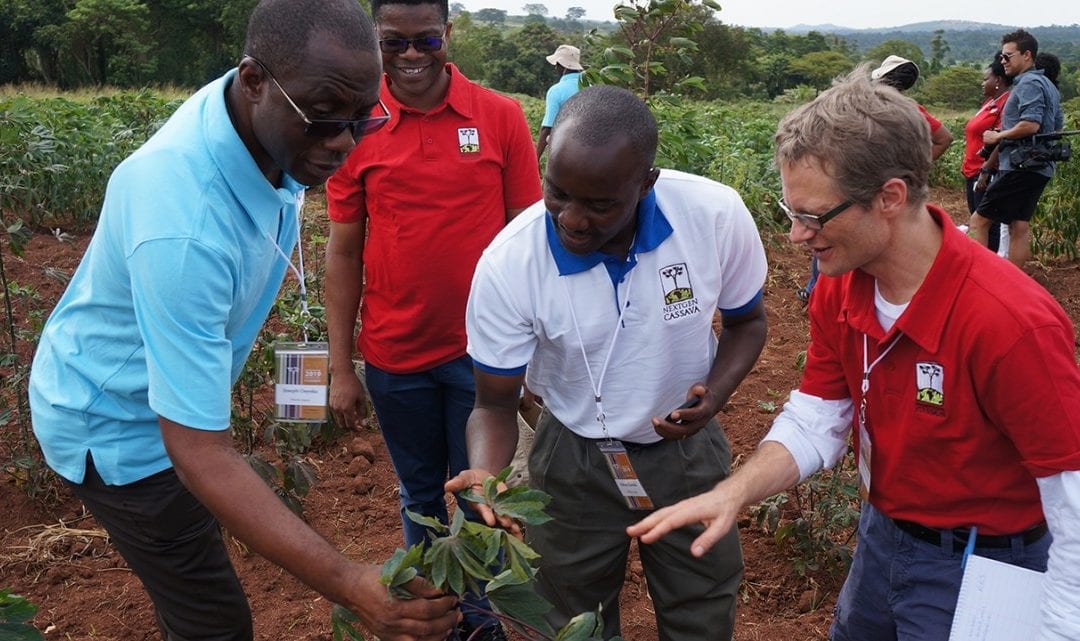
Cassava experts gather to champion ‘orphan crop’
It’s a dietary staple for millions of Africans, but cassava has traditionally received little attention from scientists and plant breeders in comparison to cash crops such as wheat and maize. However, researchers have recently been working to find cassava a scientific...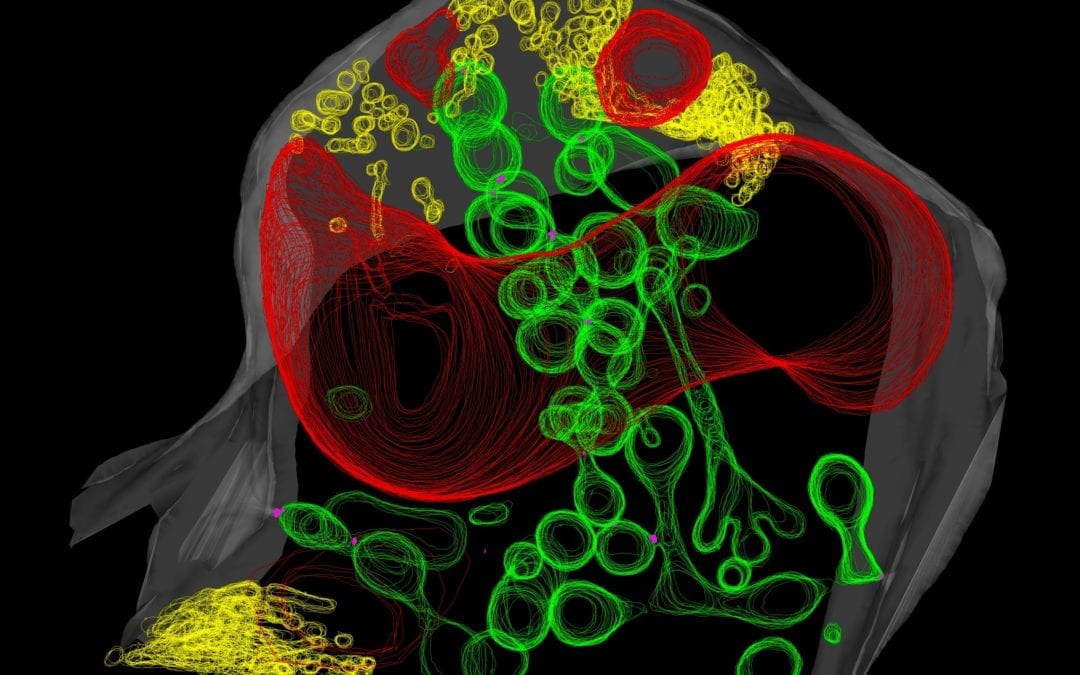
Plant–Fungal Interface Gets Tubular
For hundreds of millions of years, plants and fungi have formed symbiotic relationships to trade crucial nutrients, such as phosphate and fatty acids. This relationship is extremely important to the growth and survival of both organisms, and solving the mystery of how...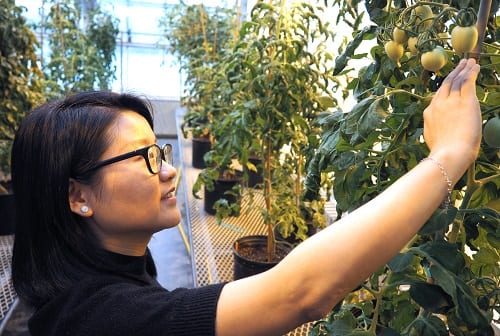
New CRISPR database to catalyze collaborations
Recently developed gene editing tools like CRISPR/Cas enable scientists to figure out the functions of myriad plant genes. While these studies could eventually lead to the creation of crops with improved traits like increased disease resistance or higher yield,...
Empowering Youth Through Science: Charlie Trautmann Joins BTI Board
BTI is excited to welcome Charlie Trautmann as the newest addition to our Board of Directors. Trautmann brings a wealth of leadership and organizational development experience on non-profit boards, as well as a passion for educating children about science. Although he...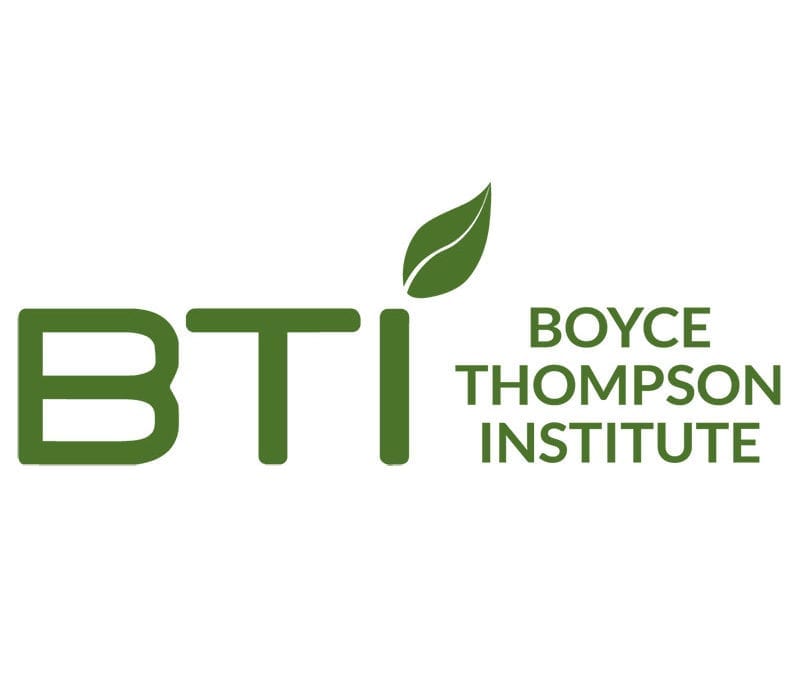
A message from the president regarding the government shutdown
Dear BTI Community: As we collectively navigate the longest government shutdown in United States history, I know that many of you have questions and concerns about the impact on BTI, our United States Department of Agriculture (USDA) colleagues, and the broader...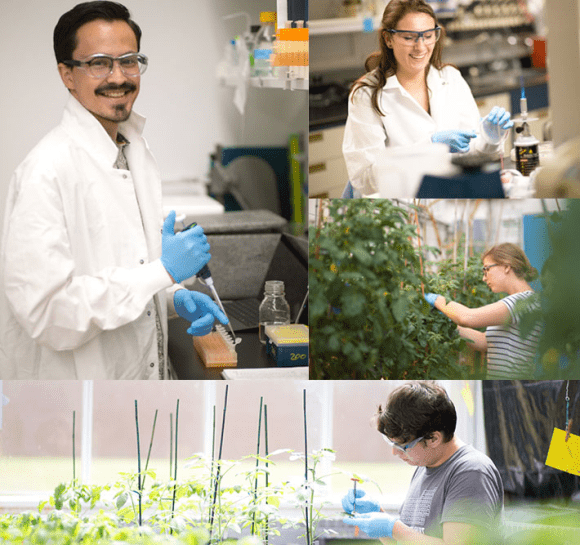
BTI Now Accepting 2019 Plant Genome Research Program Summer Internship Applications!
The 2019 Plant Genome Research Program at the Boyce Thompson Institute (BTI) and Cornell University is currently seeking undergraduate and local high school summer internship applicants! The summer internship programs at BTI offer students unmatched opportunities to...
Orange is the new white: New sweetpotato data is something to be thankful for
The genome sequences of I. trifida and I. triloba can be used as robust references to facilitate sweetpotato breeding. The genomic resources developed in this study set the stage for increased rates of genetic gains for key traits such as yield, resistance to disease, and high beta-carotene.
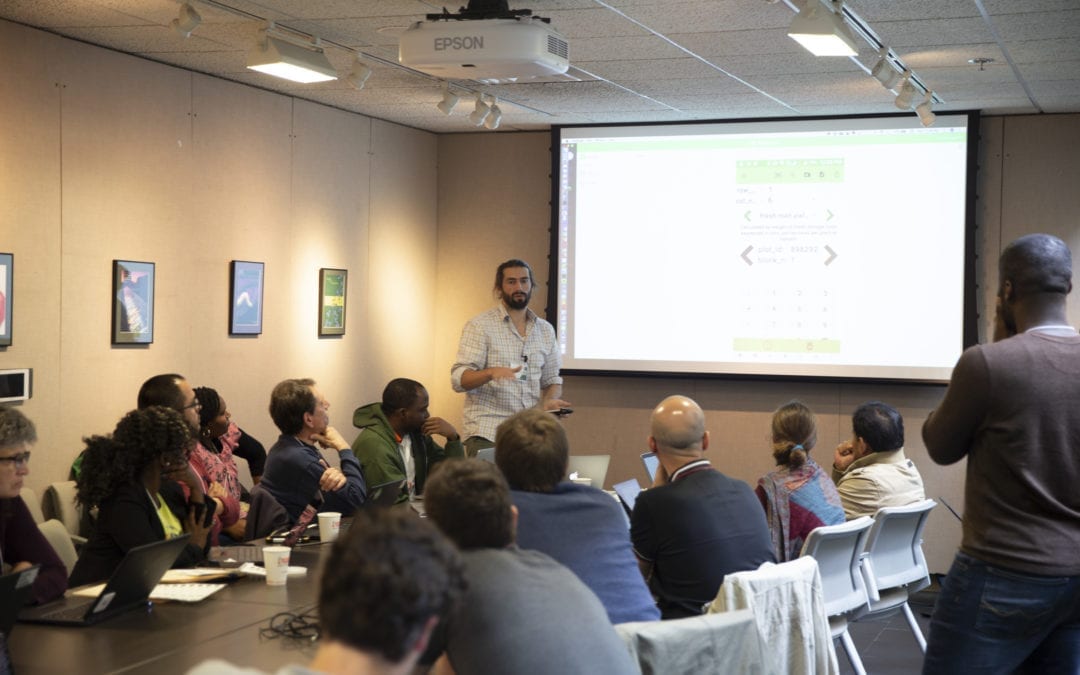
Transforming Breeding through Integrated Data Management and Analysis
Together with the BCBC, GOBii, Cassavabase, and Cornell University, BTI recently hosted a fall workshop titled “Transforming Breeding through Integrated Data Management and Analysis”. Attendees from around the globe gathered in Ithaca for a week-long...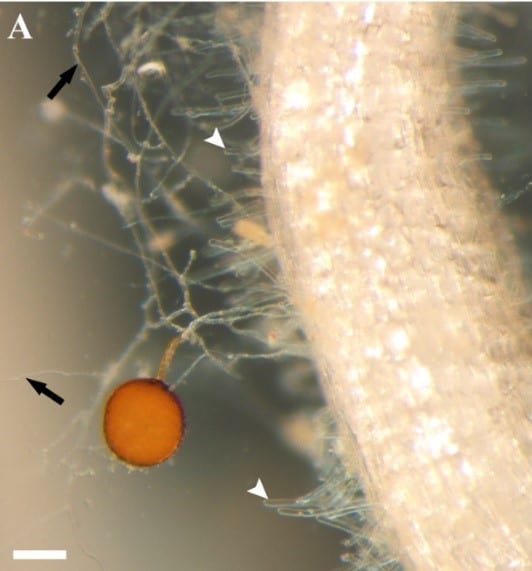
Back to our roots: Insights from genomes of a plant-associated fungus and its bacterial endosymbionts
In an article published this month in the journal New Phytologist, researchers at the Boyce Thompson Institute and the National Center for Genome Resources describe the genome sequences (DNA sequences), of the fungus Diversispora epigaea (formerly known as Glomus...
CRISPR tames the wild groundcherry
ITHACA, NY – You might not have heard of the groundcherry, or at least, never tasted one. But that could soon change thanks to research from the Van Eck Laboratory at Boyce Thompson Institute (BTI). The groundcherry (Physalis pruinosa) is approximately the same size...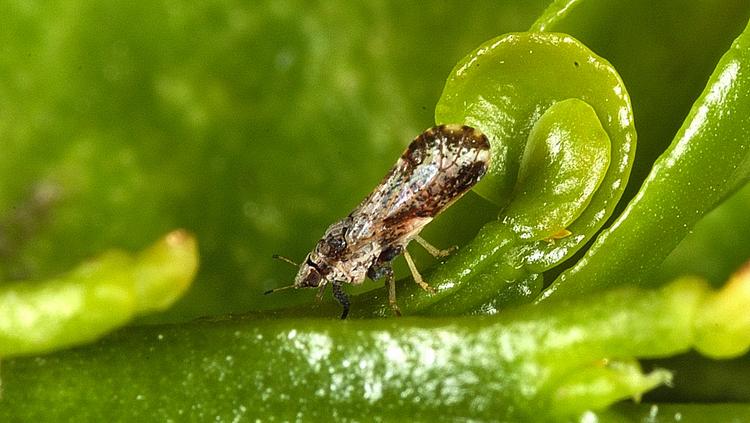
Blood, sweat and tears: All in a day’s work fighting citrus greening disease
Around this time last year, PhD student Angela Kruse and postdoctoral scientist Dr. John Ramsey were huddled over microscopes, using tiny needles to painstakingly extract blood, also known as hemolymph, from 300 Asian citrus psyllids – insects about the size of...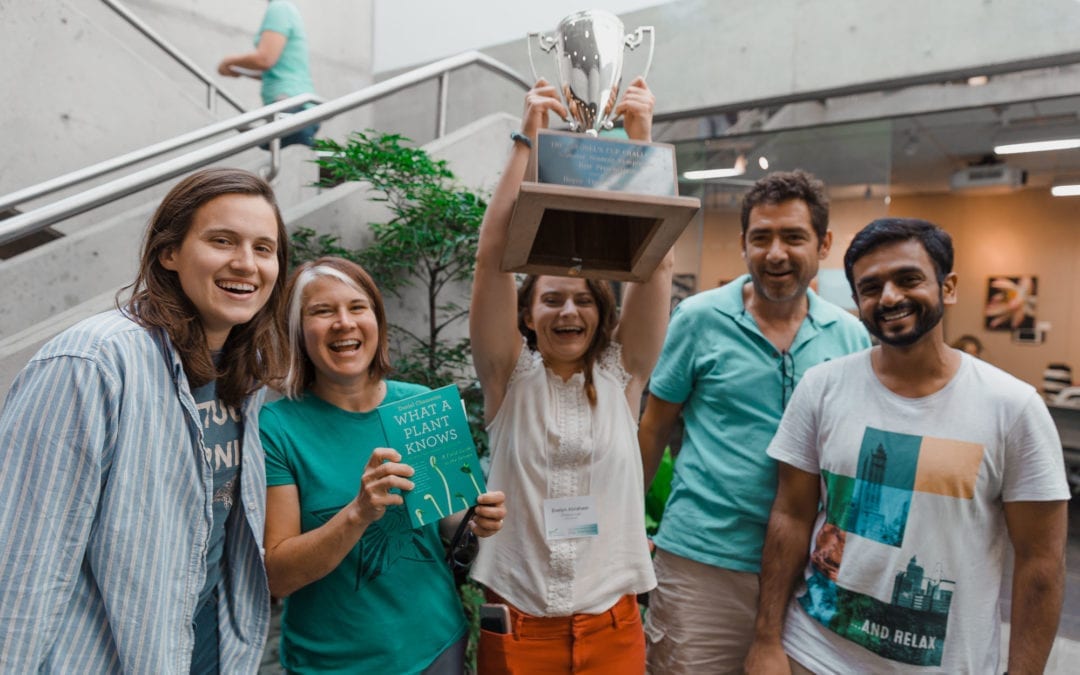
2018 PGRP Symposium marks finale of intern researchers’ summer
The Boyce Thompson Institute’s (BTI’s) 2018 class of summer interns wrapped up their summer by presenting research talks and posters at the annual Plant Genome Research Program (PGRP) Student Symposium. Now in its 17th year, BTI’s annual PGRP symposium provides a...
Plant scientists call for renewed focus on empowerment of trainees
Changes in the workforce are challenging academia to prepare scientists to be adaptable and adept at communicating across boundaries. To meet these demands, the Plant Science Research Network (PSRN) is shifting the focus to enable trainees to take ownership of their...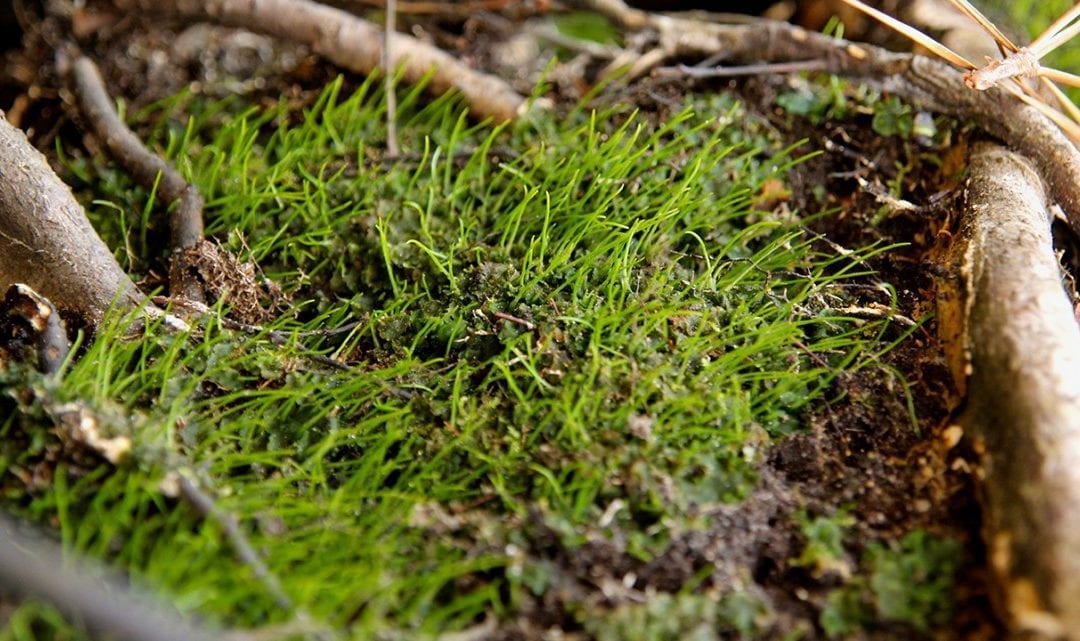
NSF awards BTI $1M to study plant-bacteria symbiosis
Professor Dr. Fay-Wei Li has been awarded a $1.1 million NSF grant to study hornwort/bacteria symbiosis. The hornwort plant relies on nitrogen-fixing soil bacteria to give it life and unlocking the secrets to how that works may help reduce agricultural dependence on...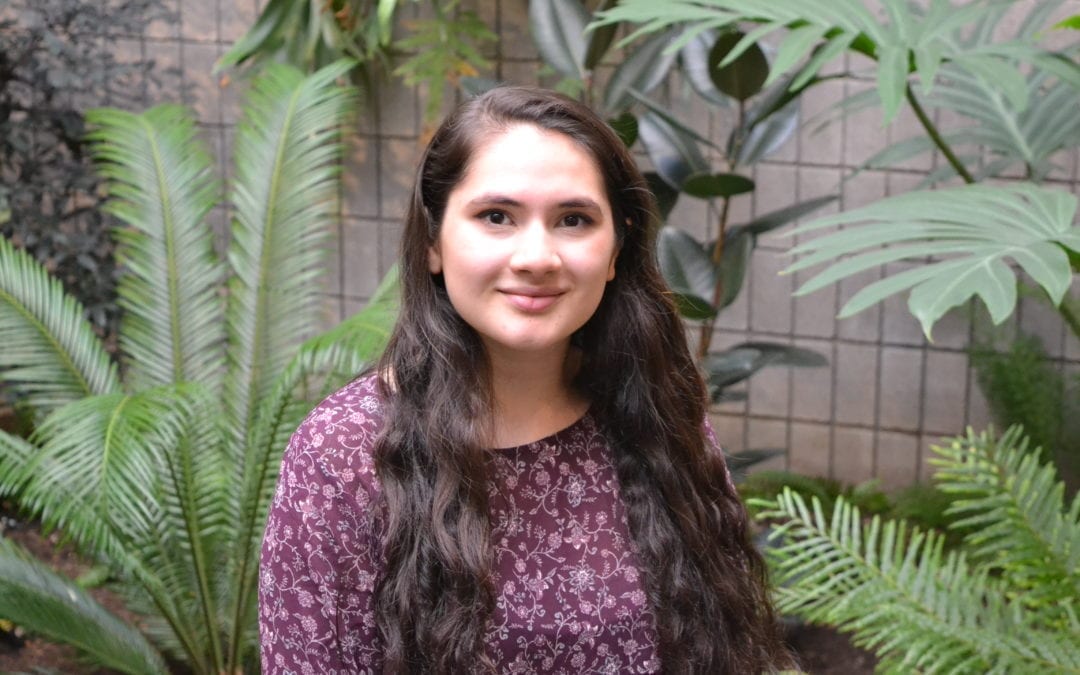
A Future in Food Security: A Spotlight of Akriti Bhattarai
2018 PGRP intern Akriti Bhattarai reflects on her summer research experience, highlighting food security, San Diego, liquid nitrogen, and cows!

BTI promotes faculty members Schroeder and Van Eck
Boyce Thompson Institute president, David Stern, has officially announced promotions for faculty members Frank Schroeder and Joyce Van Eck. Both researchers were thoroughly reviewed and evaluated on both their achievements to date and the potential they possess.

Boyce Thompson Institute leadership provides scholarships to students pursuing degrees in STEM
The Boyce Thompson Institute (BTI) is honored to announce the awarding of four, $1,000 scholarships to first-generation college students from Groton, Ithaca, Lansing and Newfield. One student from each school was chosen based on their intention to study a STEM-related...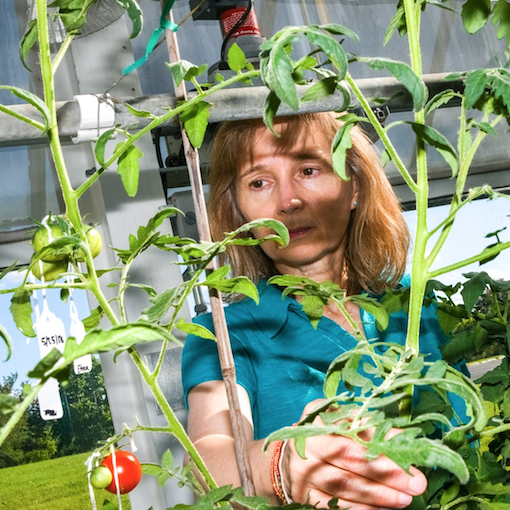
CRISPR can speed up nature—and change how we grow food
BTI Associate Professor Joyce Van Eck’s gene editing research is the featured cover story of the August 2018 edition of WIRED Magazine.
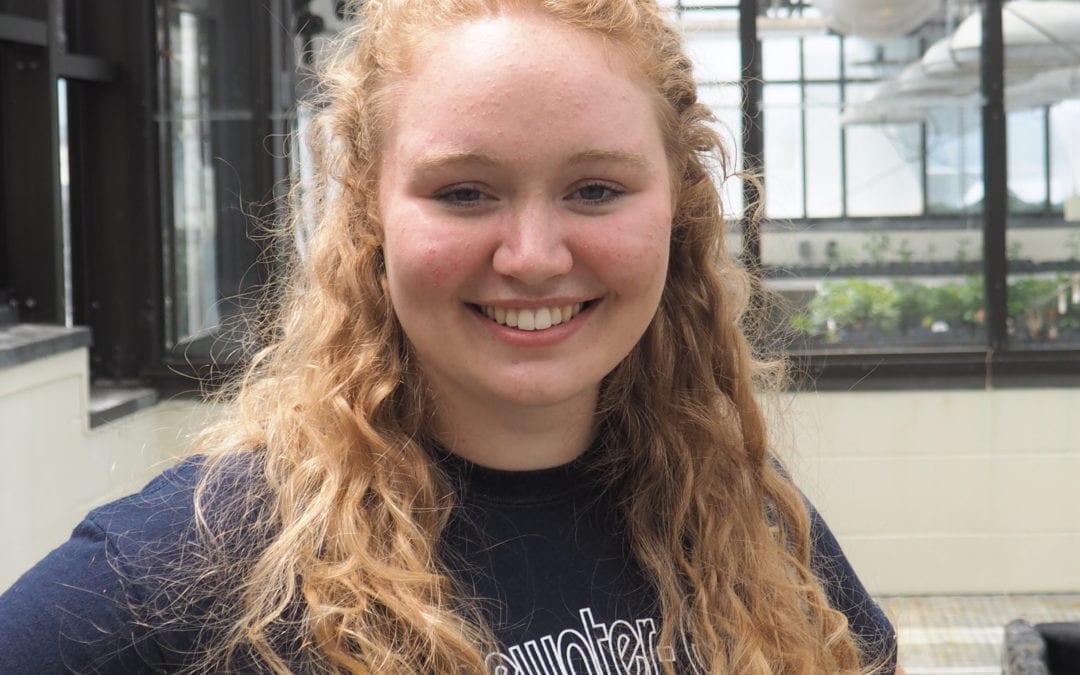
The World at her Fingertips: A Spotlight of Autumn Hurd
2018 PGRP Intern Autumn reflects on her summer experience, covering Bridgewater, Bogdanove Lab, bananas, and Buffalo Street.
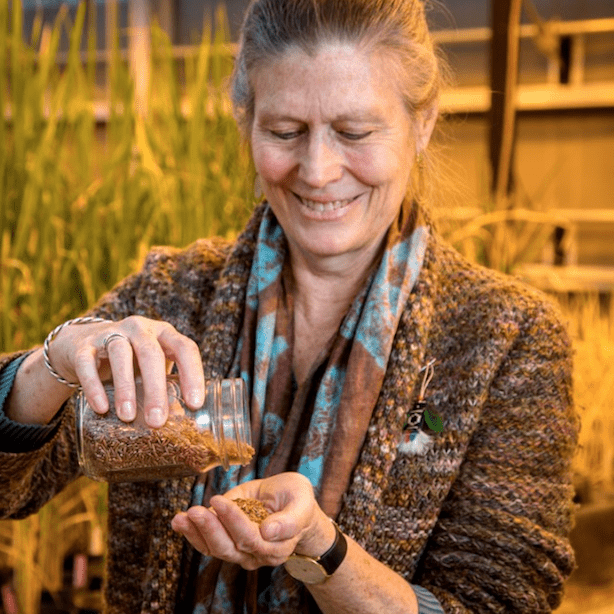
Susan McCouch: splicing science with board service
Susan McCouch’s understanding of the complexities of agricultural research has brought a unique perspective to the BTI Board of Directors.
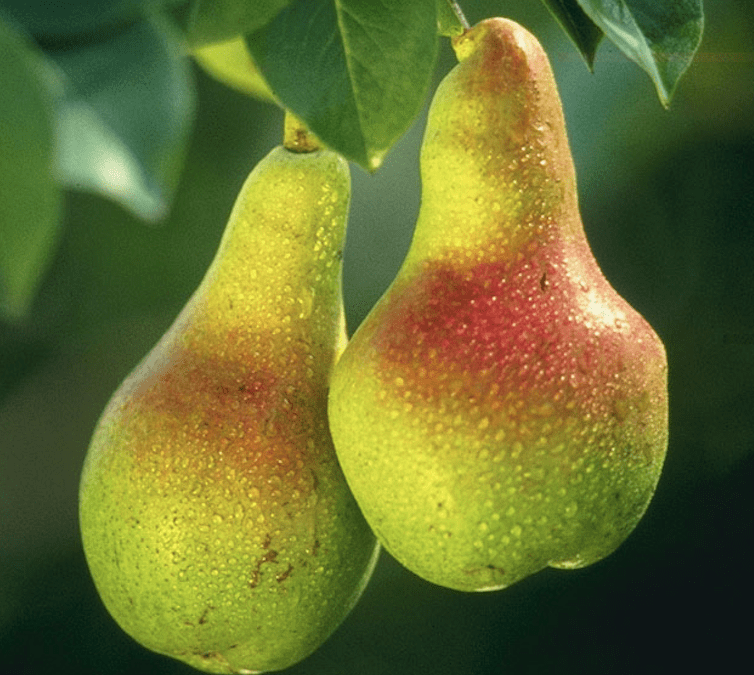
Pear genomes show evidence of independent domestication in Asia and Europe
Researchers from the Boyce Thompson Institute (BTI) and partnering institutions in China, the U.S., and New Zealand, report their findings on the domestication of the pear in Genome Biology.
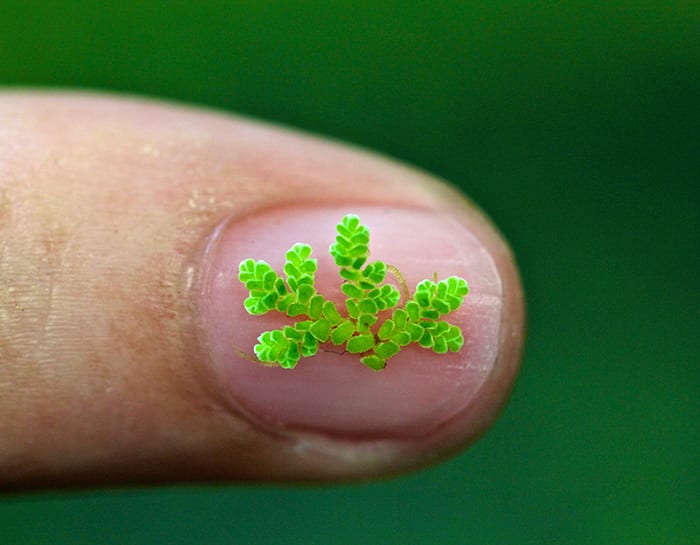
Fern-tastic! Crowdfunded fern genomes published in Nature Plants
With crowdfunded support, researchers have sequenced the first two fern genomes ever. Their results, including the discovery of an ancient gene transfer and novel symbiosis mechanisms, appear this month in Nature Plants.

Mary Opperman joins BTI Board of Directors
Mary George Opperman, President and Chief Human Resources Officer for Cornell University, has officially joined the Boyce Thompson Institute’s (BTI’s) Board of Directors.
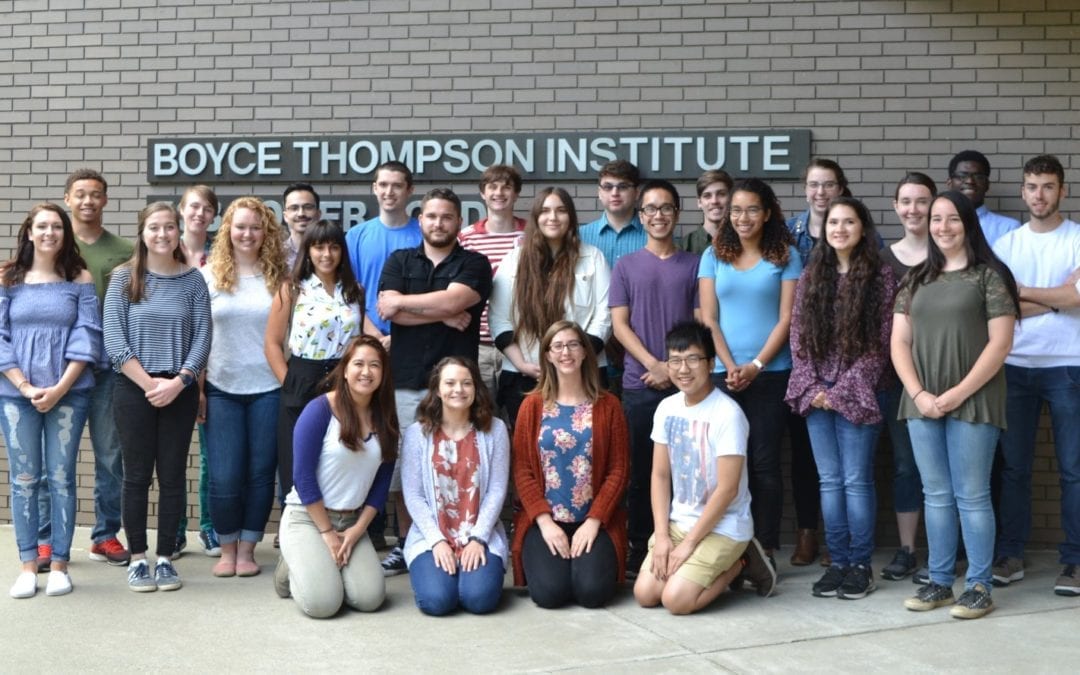
Student Research in Full Bloom: BTI’s 2018 PGRP Interns
Boyce Thompson Institute’s (BTI’s) 2018 Plant Genome Research Program (PGRP) interns have arrived in Ithaca for their summer of biology and bioinformatics research! This June, more than thirty of the country’s brightest students arrived at BTI from all over the United States to experience the life of a researcher.
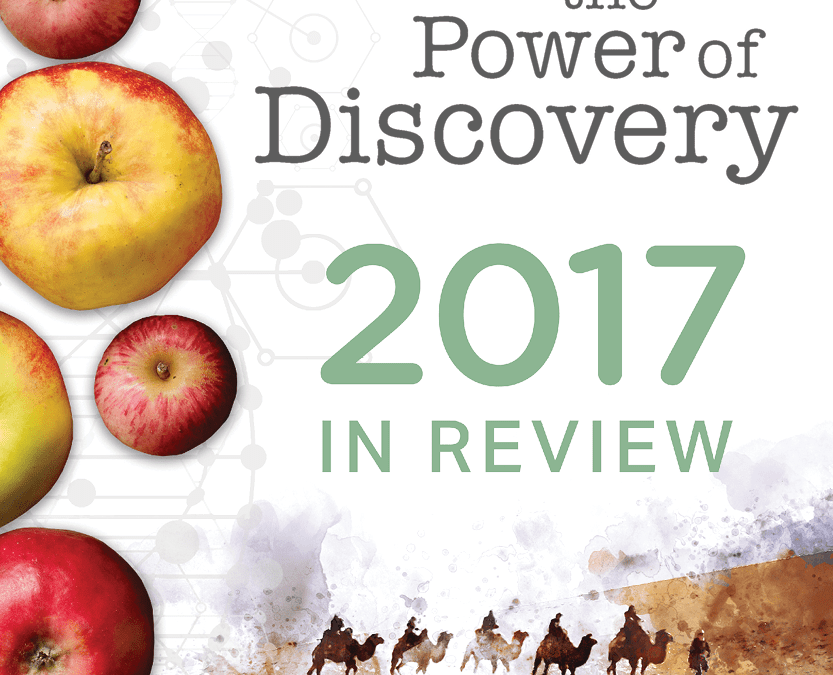
2017 Annual Report now available
2017 has been a tremendous year at the Boyce Thompson Institute (BTI). This past year’s annual report serves as a reminder of how strong BTI core purposes have remained, while looking to the future of research and the opportunity it holds.
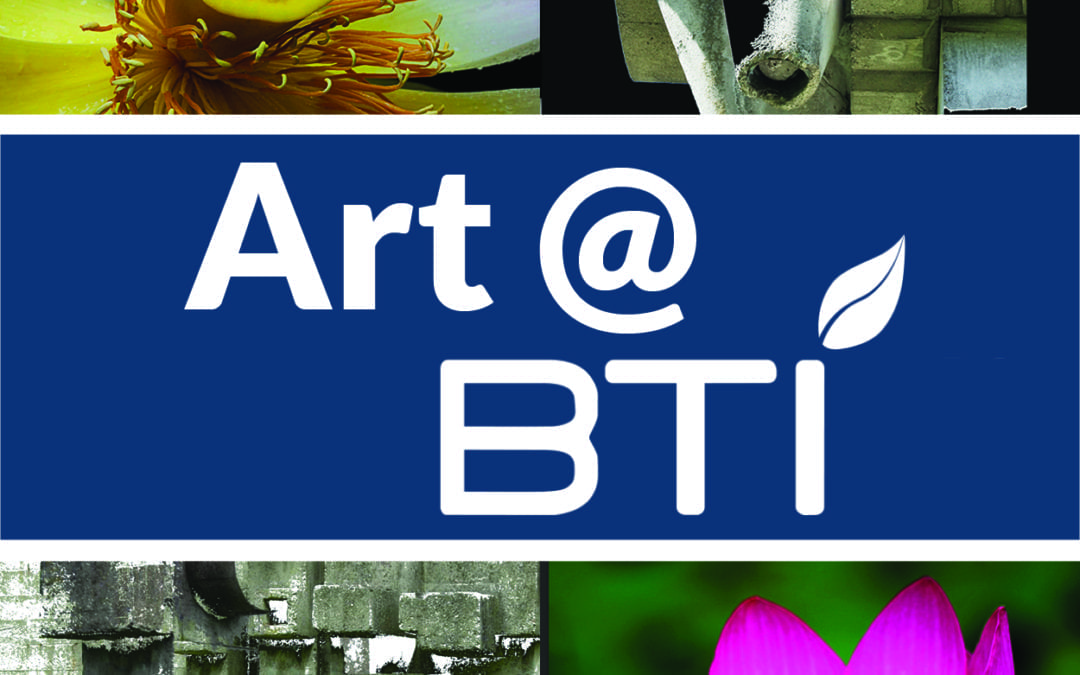
Science, art and wine collide: Art@BTI to showcase local photography, food system research
The Boyce Thompson Institute (BTI) invites the Ithaca community to Art@BTI, a free event where art, science, and wine will collide. Art@BTI will take place on Thursday, May 31st from 5:00 to 7:00pm.
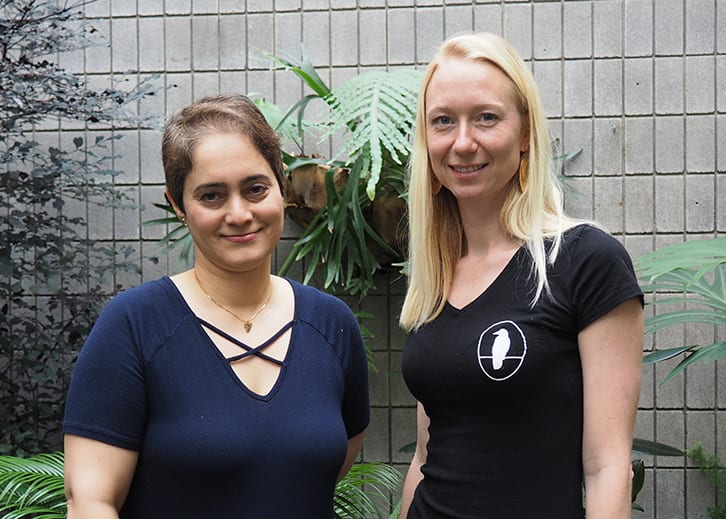
BTI scientists win awards at annual Northeast ASPB meeting
Two researchers from the Boyce Thompson Institute earned 1st place honors at the 2018 Northeast ASPB Section annual meeting. The meeting was hosted by the University of Massachusetts, Amherst, and the theme was Translational Research for Improving Crop Productivity.

Symposium to showcase research, celebrate opening of BTI Computational Biology Center
The Boyce Thompson Institute (BTI) will host an inaugural symposium for the Institute’s new Computational Biology Center (BCBC) on Tuesday, May 8, from 9 a.m. to 4:30 p.m.

Jim Giovannoni appointed Director of USDA-ARS Robert W. Holley Center
Boyce Thompson Institute (BTI) professor Jim Giovannoni has been appointed as the Director of the USDA-ARS Robert W. Holley Center for Agriculture and Health (RHCAH), effective April 15, 2018.

BTI Board Member April Burke champions for science on Capitol Hill
For more than thirty years, April Burke has worked to ensure the science and not-for-profit sectors have a voice in our nation’s capital. BTI’s Keith Hannon sat down with April to hear about the current political climate and how research institutes like BTI stand to be impacted by changes in funding and potential legislation.
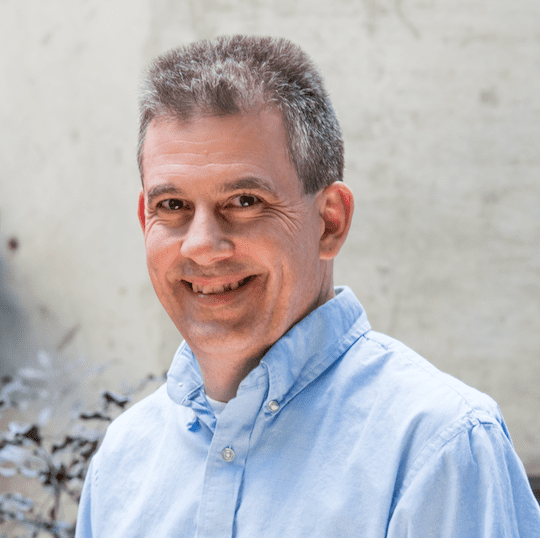
Paul Debbie, M.B.A, named new Director of Research
Paul Debbie, Director of Technology Transfer and Licensing at the Boyce Thompson Institute (BTI), has been named BTI’s new Director of Research. Debbie officially began his position in January 2018.
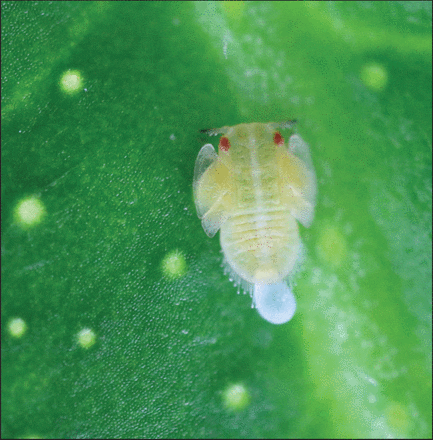
Research reveals a new direction for halting the citrus greening epidemic
New clues to how the bacteria associated with citrus greening infect the only insect that carries them could lead to a way to block the microbes’ spread from tree to tree, according to a study in Infection and Immunity by scientists at Boyce Thompson Institute (BTI) and the Agricultural Research Service (ARS).
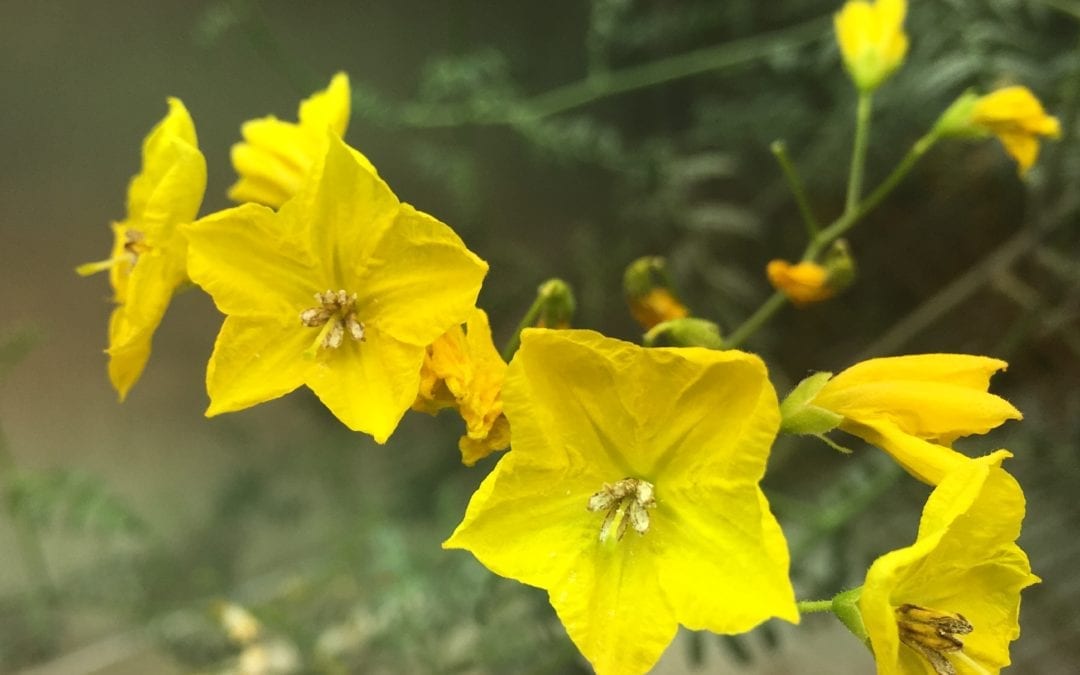
Open-access wild tomato genome offers valuable insights for tomato growers, crop scientists
The new S. lycopersicoides genome sequence offers the opportunity for innovative breeding programs that may hold the ability to confer desirable traits to marketable tomato varieties.
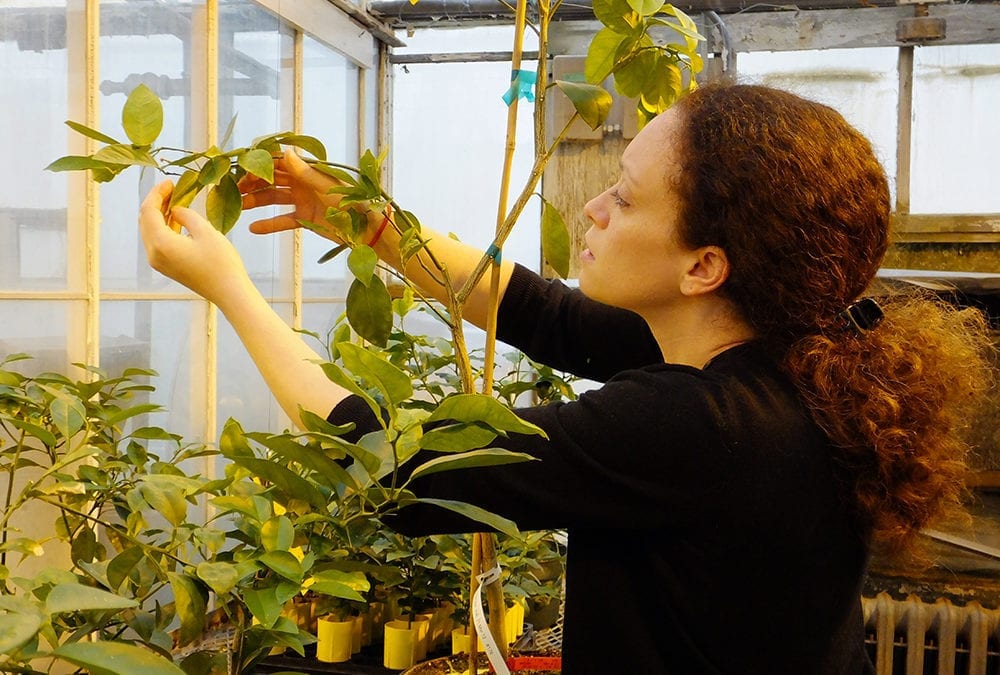
Updated BTI mission statement emphasizes dedication to discovery
Discoveries lead to new knowledge, which becomes part of our collective understanding of plants and other organisms. That foundational knowledge then forms the basis for fulfillment of the other component of BTI’s mission, which produces societal benefits in agriculture, environment and health.
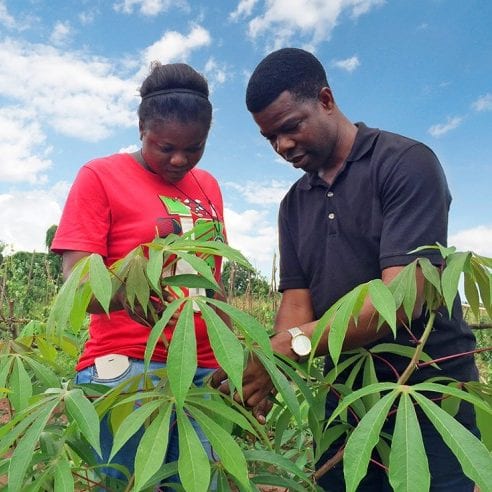
New funding supports cassava development in Africa
Cornell University and BTI will expand international efforts to deliver improved varieties of cassava to smallholder farmers in sub-Saharan Africa with $35 million in new funding from the Bill & Melinda Gates Foundation and UK aid in the United Kingdom.
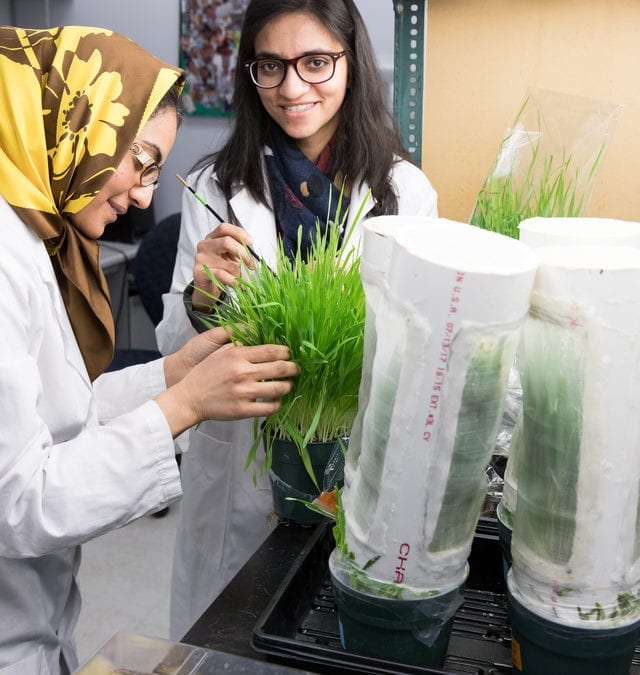
Now hiring: collaborative faculty team at BTI
The Boyce Thompson Institute (BTI) is hiring for novel faculty team positions at the Assistant Professor level. Review of applications will begin on April 23, 2018. Please send any inquiries to teamsearch@btiscience.org.
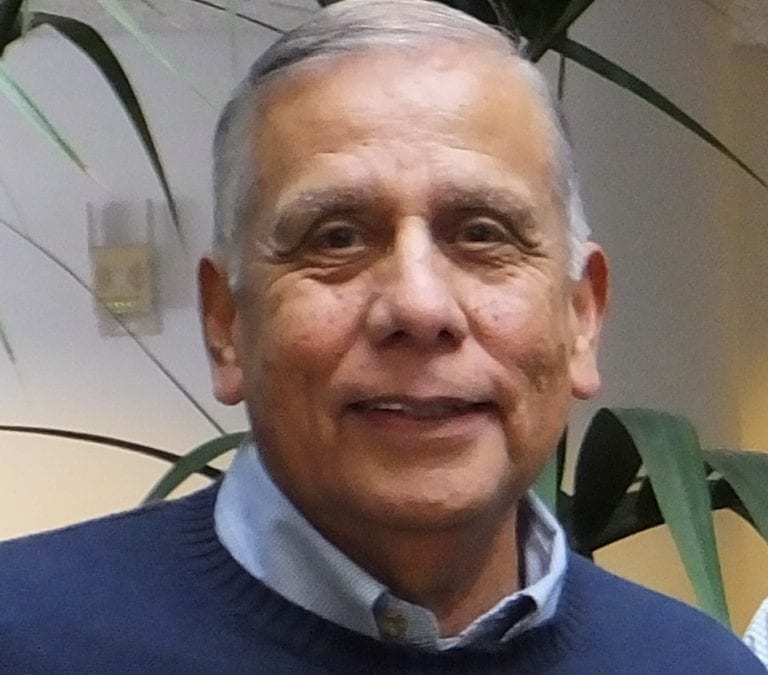
Robert Granados and the discovery behind HPV vaccine
10 years ago, an HPV vaccine called Cervarix™ was released. The High-Five™ insect cell line, developed at BTI by Dr. Robert Granados, is now being used to produce it. Granados discusses the discovery in a recent edition of BTI’s Science Bomb podcast.
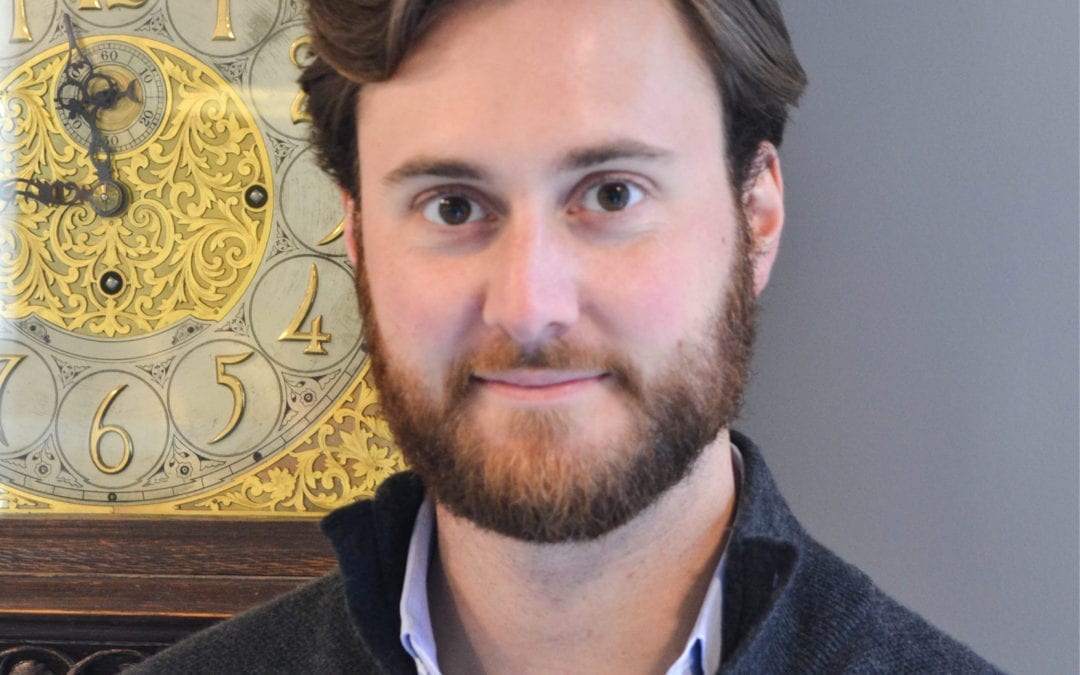
Oliver Schulze brings new ideas, family history to the BTI Board of Directors
Schulze discusses his goal to bring his professional experience and family history to the BTI Board of Directors in the newest edition of BTI’s Science Bomb podcast.
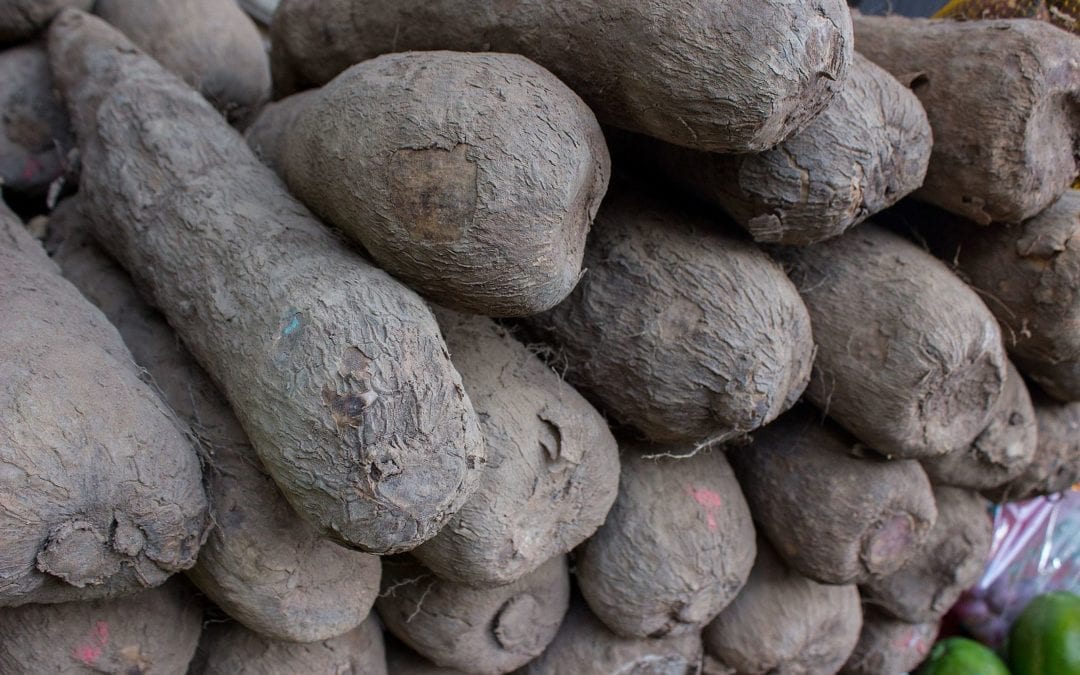
Better breeders, better yams: YamBase workshops help improve yam breeding
More than 70 participants joined in on the training sessions provided by members of BTI’s Mueller Lab, October-December 2017.
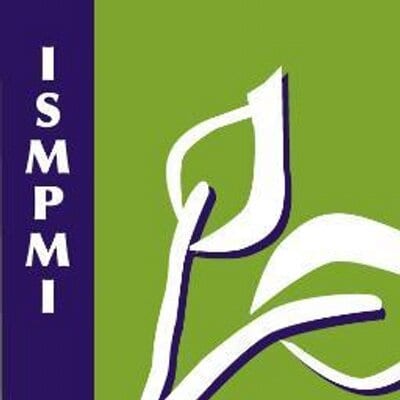
Maria Harrison featured in interview with International Society for Molecular Plant-Microbe Interactions
In this IS-MPMI’s interview with Kevin Cope (University of Wisconsin-Madison), Maria Harrison discusses her research on arbuscular mycorrhizal fungi and provides advice to young scientists entering the field.

Maria Harrison, consortium of scientists receive $5 million grant to study genes that help legumes access soil nutrients
BTI’s Harrison lab will develop Medicago truncatula mutants to identify the function of genes predicted to be important in nitrogen fixation in legumes.

GOBii/EiB cross-project workshop showcases integrated breeding resources and tools to African partners
“By working together, we can have much greater impact and help train breeders in the latest and most efficient techniques,” according to Liz Jones, GOBII Director.
